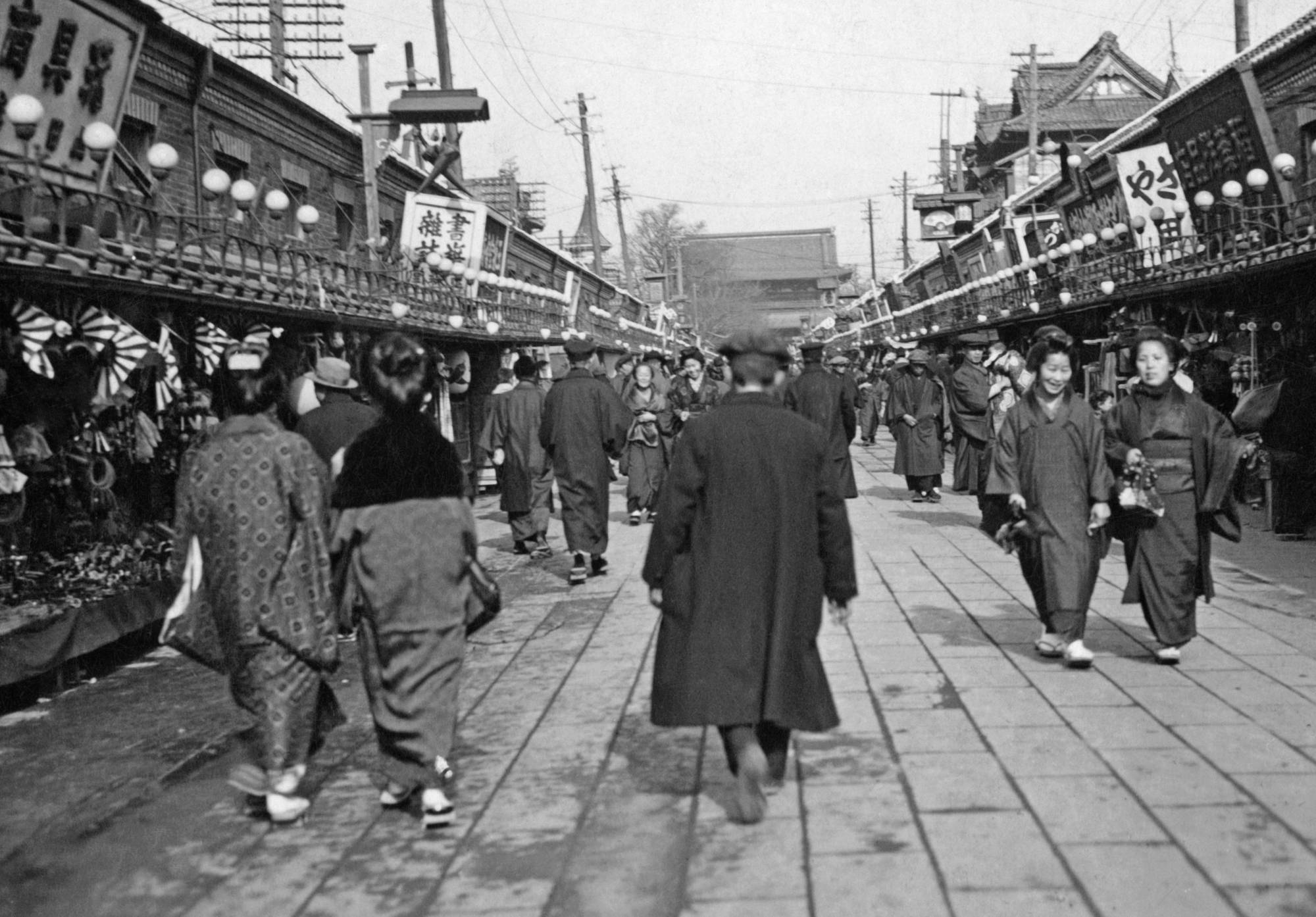Joseph Grew was not a man easily rattled. A patient, hardworking and open-minded foreign service officer, he believed that “rational, well-intentioned individuals” would always prefer compromise over conflict. He was a glass half-full optimist with an ironclad belief in the power of diplomacy.
These qualities served him well during his 10-year tenure as United States ambassador to Japan in the 1930s. This was a difficult time, writes biographer Steve Kemper in his engaging new book, “Our Man in Tokyo,” when growing mistrust between Washington and Tokyo was pushing the relationship into a downward spiral of accusations and recriminations.
















With your current subscription plan you can comment on stories. However, before writing your first comment, please create a display name in the Profile section of your subscriber account page.